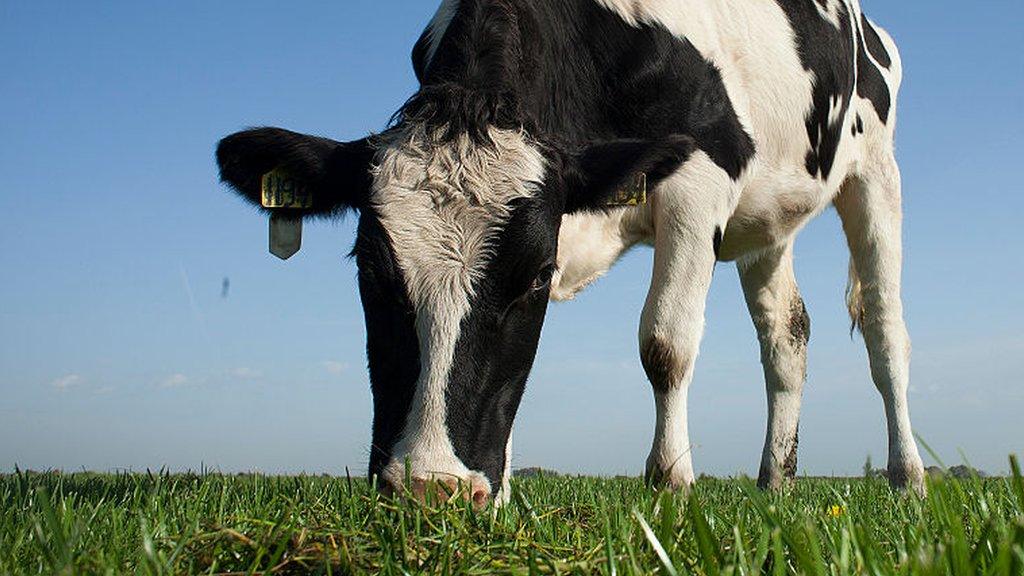Climate change: What's it got to do with farming?
- Published
- comments
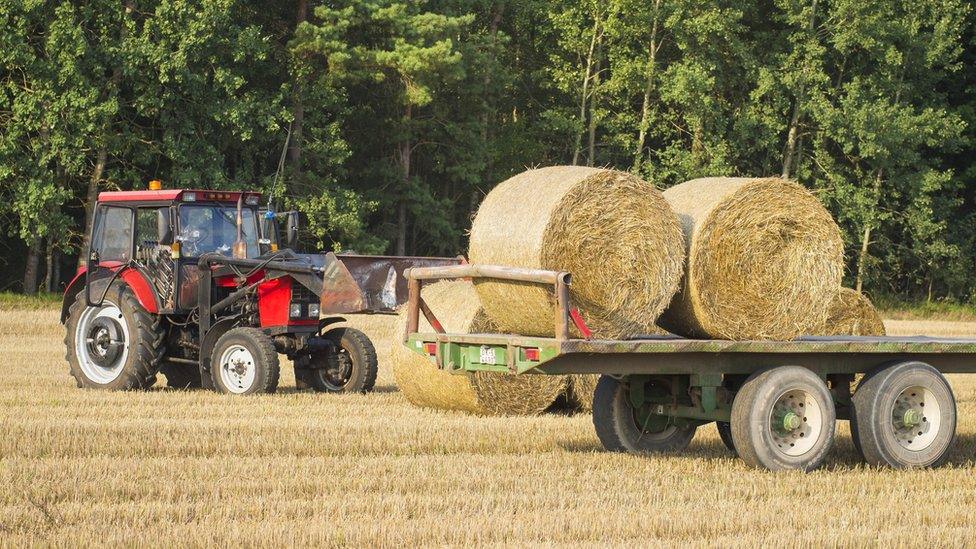
Farming affects all of us in our daily lives, even if you might not realise it.
It's big business - from producing food we eat, to crops used in lots of different products as well produce being bought and sold to other countries.
But a lot has changed. British farmers have had to cope with a lot of uncertainty and the industry has had to adapt to the changing world we live in.
Let's take a look of some of the big issues today which have an impact on this important industry.
Climate change
Climate change and farming are very often talked about at the same time.
Food production is said to be responsible for over one quarter of harmful greenhouse gas emissions - a direct driver of climate change.
Recently, a United Nations report said the amount of dairy and meat that people are consuming is fuelling global warming. While research varies, it is thought that cows, sheep and goats are responsible for up to 14% of all greenhouse emissions.
The National Farming Union says it understands that work has to be done to cut these emissions so that the farming industry doesn't have such a big impact on the planet.
It is pushing itself to become net zero (removing as many emissions as we produce) by 2040 though initiatives like encouraging farmers to capture more carbon on their land, changing how the industry is powered, and making food production processes more efficient and sustainable.
For an industry to 'become net zero', it means it has to remove as much carbon from the atmosphere as the amount that it puts into it.
It is about achieving an overall balance between emissions produced and emissions removed.
For example, initiatives like planting trees can help an industry to 'become net zero', as trees remove carbon from the atmosphere.
On top of this, experts are recommending that people should buy less meat, milk, cheese and butter, eat more locally sourced and seasonal food, and throw less food away. All of this could have an impact on demand for farmers' products.
But aside from the impact that the farming industry has on the environment, more extreme weather events have a direct impact on farmers too.
Last year, there were record high temperatures in June, July and August which caused widespread drought and crop failures.
WATCH: 'I think every farm has been struggling' (September 2018)
The so-called beast from the East also played a huge part in reducing livestock numbers, as the cold spell hit during lambing season. It was reported that farmers in Scotland lost £161 million because of bad weather last year.
So tackling the issue of climate change, and dealing with extreme weather events, will undoubtedly be a huge part of what the future of farming looks like in the months and years to come.
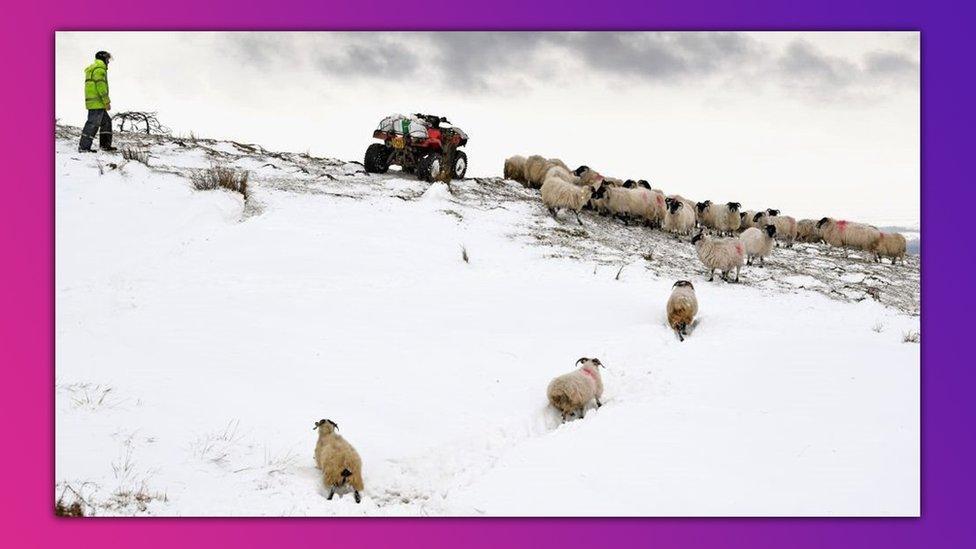
Society
The UK produces almost two thirds of the food that the population eats, but that number has fallen. The rest is produced elsewhere and brought into the country.
There are lots of factors which have a direct impact on the farming industry and affect how much produce customers want to buy.
Firstly, the UK population is bigger than it's ever been, meaning there are more mouths to feed than ever before. This puts more pressure on the farming industry to keep up with demand and produce enough food.
The industry has warned that more and more of the food we eat may have to be brought into the country, rather than being grown here, unless governments help them.
Secondly, people's diets are continually changing. For example, veganism and vegetarianism have grown in popularity. Not only that, but there is more of a focus on healthy eating, which affects the products people want to buy and how they are produced.
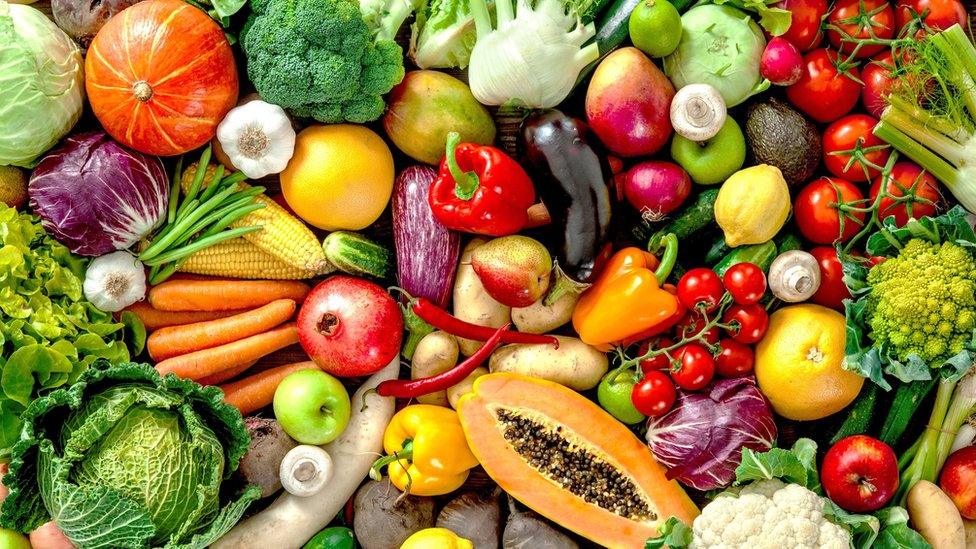
People's diets are continually changing and some experts are recommending that consumers eat less meat and fewer dairy products in order to tackle climate change
Thirdly, it is no longer only about what farmers produce, but also how they do it. Many people are thinking more about the impact that their choices have on the environment, so farmers have needed to adapt to this too. If people think that farmers are not using environmentally friendly methods, then those producers may find their business is negatively impacted as a result.
Finally, the fact that it is now easier to buy and sell produce with other countries means that farmers have to compete with producers and manufacturers overseas, who often sell their produce cheaply.
WATCH: Meet the family of sustainable farmers (August 2019)
Technology
One aspect of modern life that has had a big impact on all industries is technology - and the farming industry is no different.
In the past, farmers would do a lot of work by hand, using the strength of animals like horses to drive ploughs and pull heavy loads.
But it's a whole different world now. Technology has completely transformed what farmers are able to do and how they do it. Tractors, combine harvesters, fruit pickers and many more machines are vital to farming processes today.
Technology makes harvest easier
The first tractor that was affordable for ordinary farmers was called the Fordson tractor, which was first developed by Henry Ford's motor company in the USA in 1917.
During and following World War One, thousands were imported to Britain and they proved to be hugely important in the shift from horse to tractor power on the nation's farms.
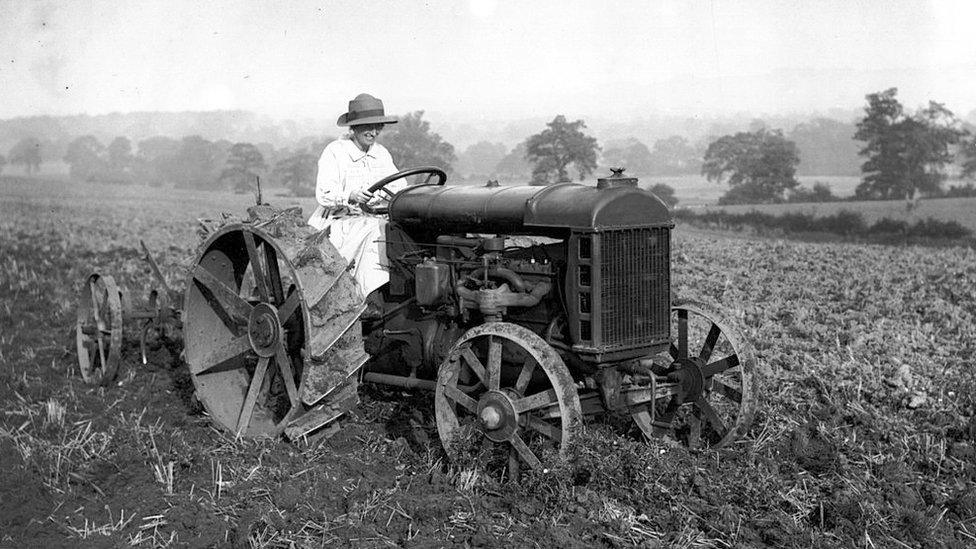
This photo from October 1921 shows a woman ploughing a field using a Fordson Tractor on a farm in Macclesfield in the north-west of England
But even to this day, technology continues to transform these machines. Some modern tractors now have TVs, radios and even fridges built into them so farmers can be entertained as they work.
In addition to the big machinery on farms, smaller equipment like drones and AI sensors allow farmers to monitor crops, assess land, make decisions and predictions, and regulate farming processes in new and innovative ways.
The drone herding sheep
All of this technology enables farmers to work more quickly and efficiently than was ever possible in the past, but this has come at a price.
In many areas, technology has replaced the need for human workers.
Some say that this is a threat to people's livelihoods - not only in the farming industry, but in other sectors too - as it has the potential to take jobs away from people.
There is no doubt that technology will continue to play a huge role in the farming industry in the years to come. Which new machines and devices will be next to transform the industry, just like the tractor did a century ago? We will have to wait and see.
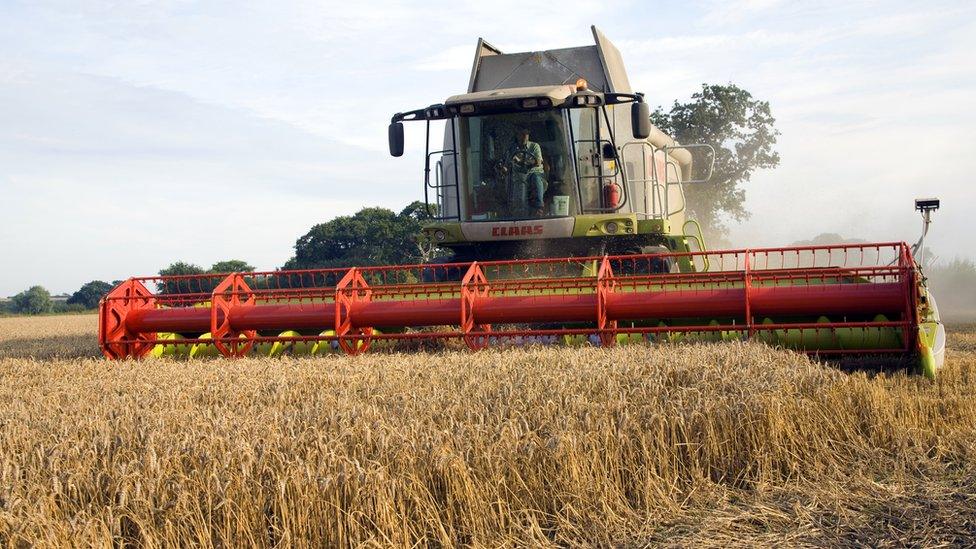
This picture shows a combine harvester in action
Politics
It might not seem obvious at first, but politics and farming are extremely closely linked. Decisions in Parliament have a direct impact on what goes on in fields and barns around the UK.
One big political issue which many farmers are worried about at the moment is Brexit.
Reports suggest that a no-deal Brexit could threaten the businesses of more than half of the UK's farmers, for example, because they would need to pay new high prices to sell their produce to other countries in Europe.
At the moment, 40% of lamb that is farmed in the UK is sold to Europe, but if that market is no longer available to trade with in the same way, there are concerns about what will happen. It could be a similar story for dairy produce and crops too.
There are also questions around money which the farming industry may or may not receive in a post-Brexit UK.
The government has said that steps will be taken to deal with these concerns about what farming and trading looks like once the UK has left the European Union, but there is still uncertainty about exactly what will happen.
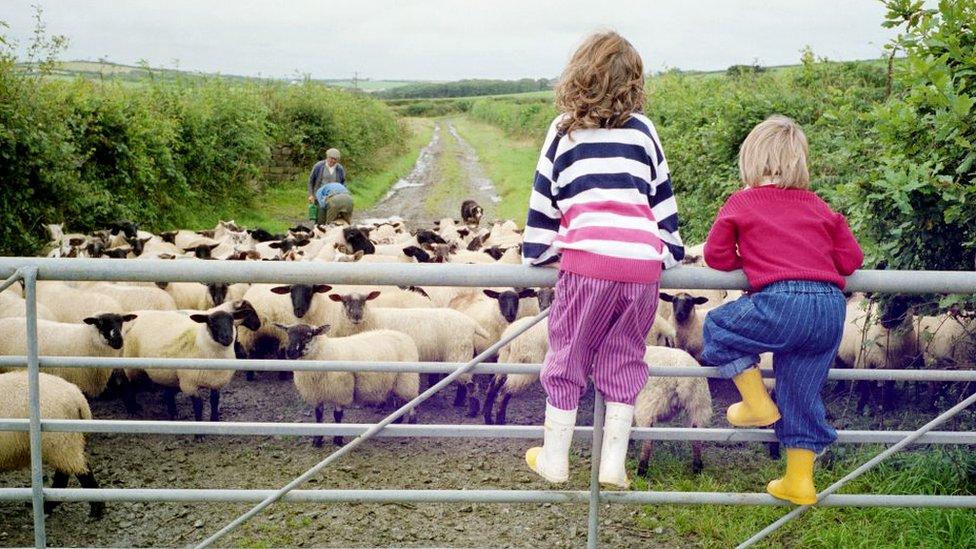
- Published8 October 2018
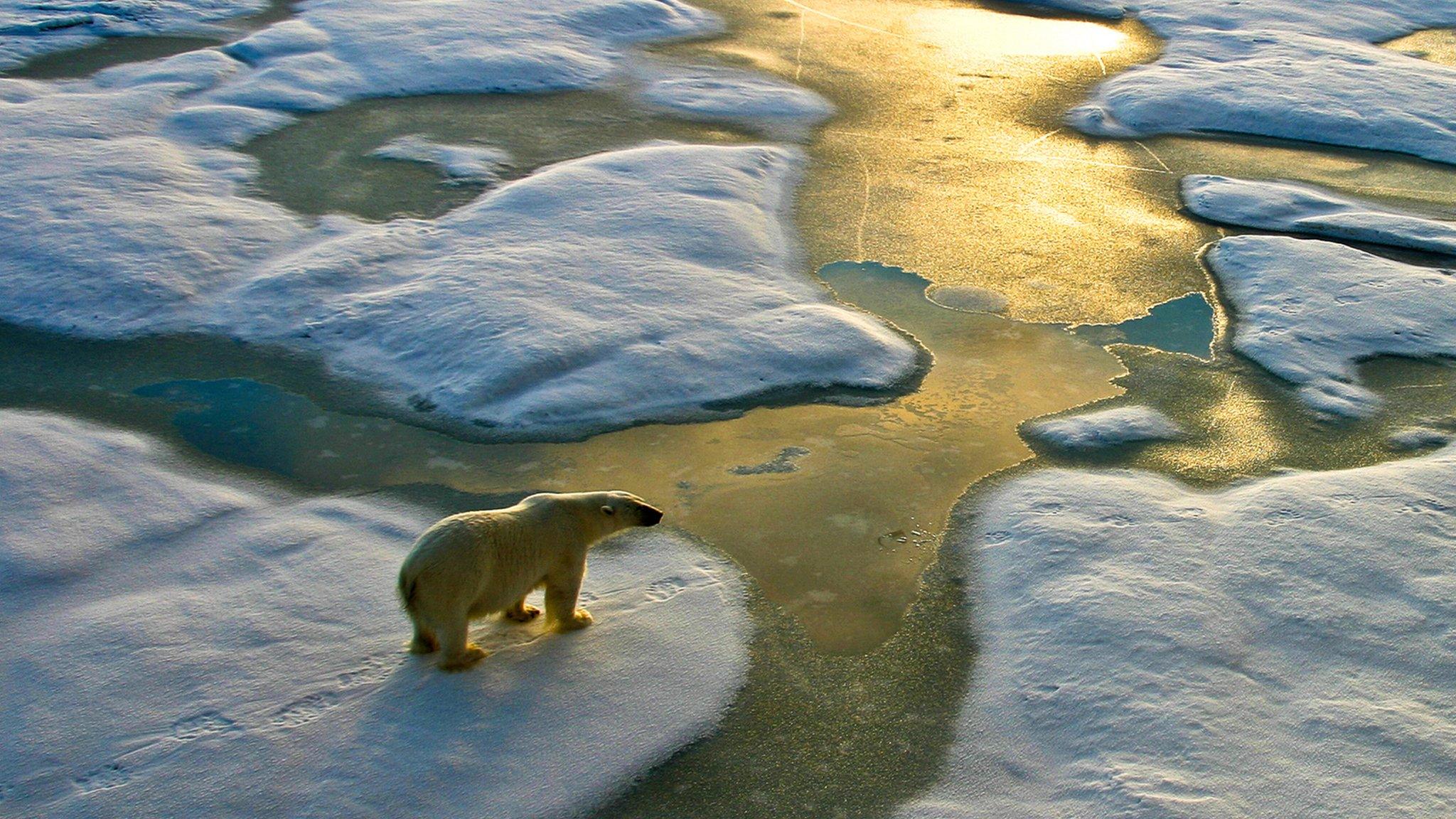
- Published10 April 2013
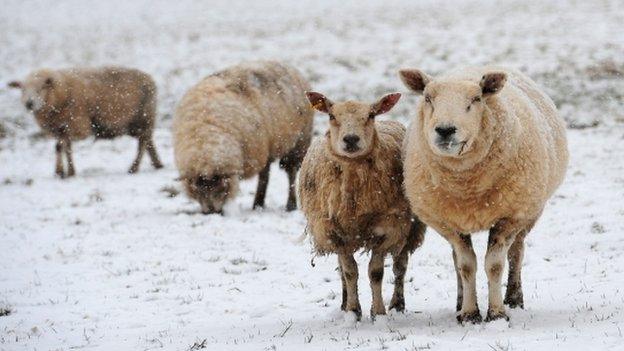
- Published28 May 2013
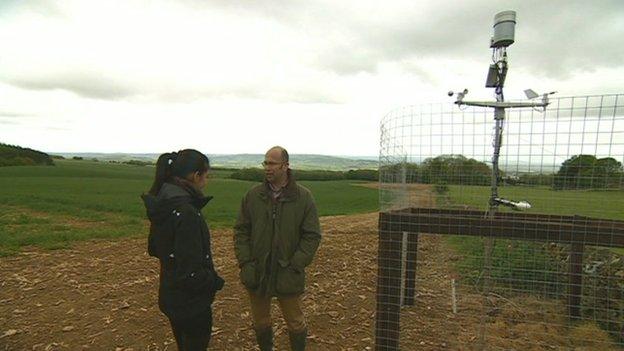
- Published24 September 2018
